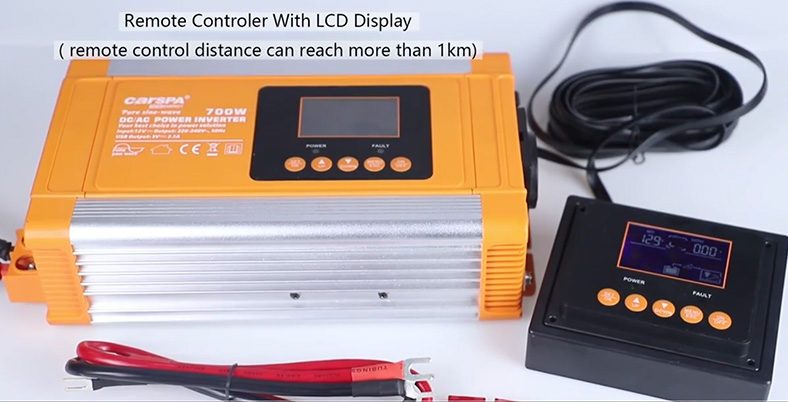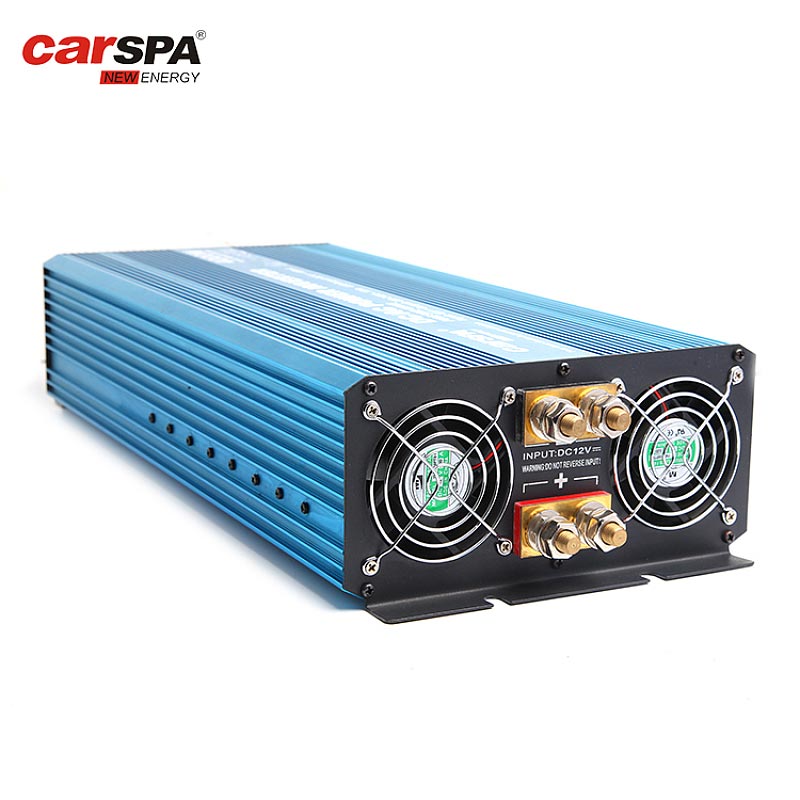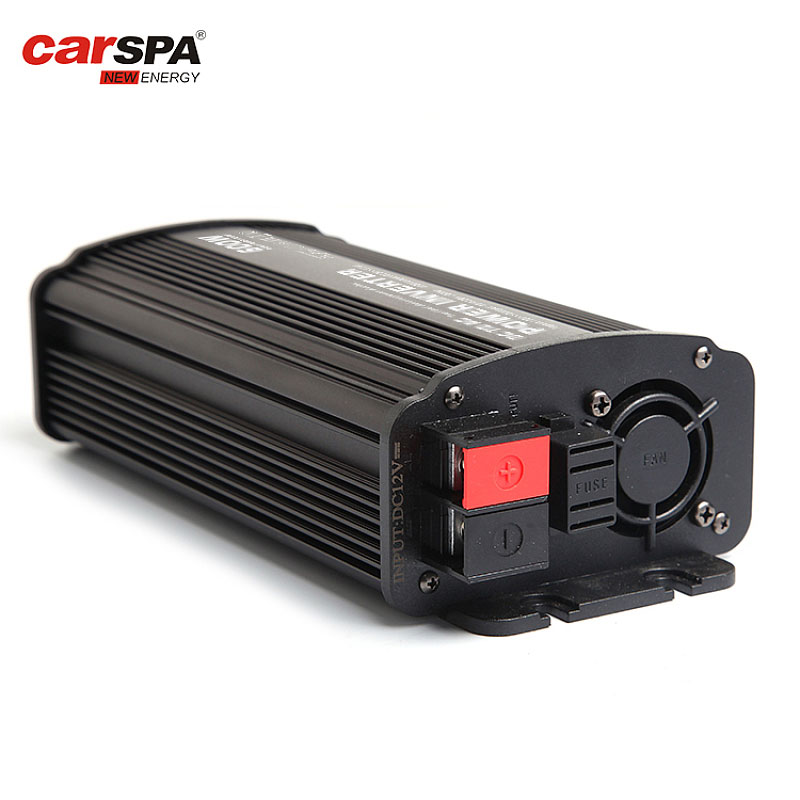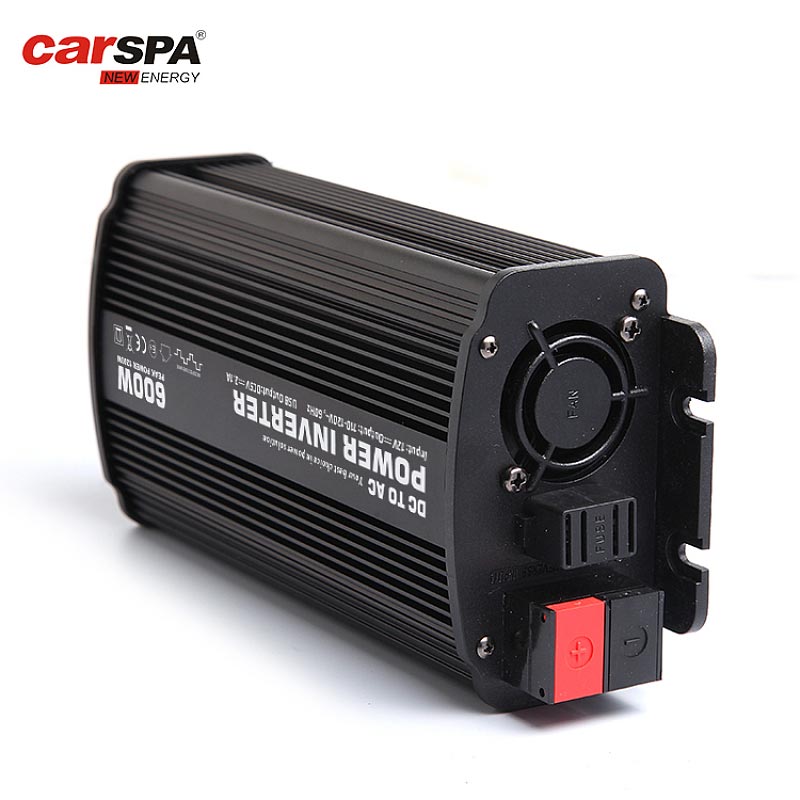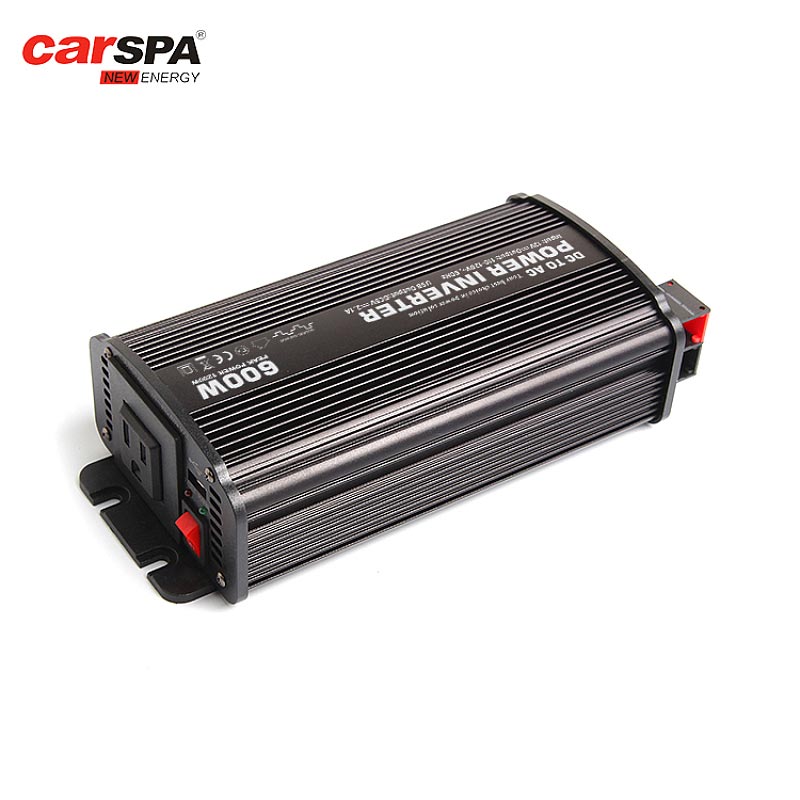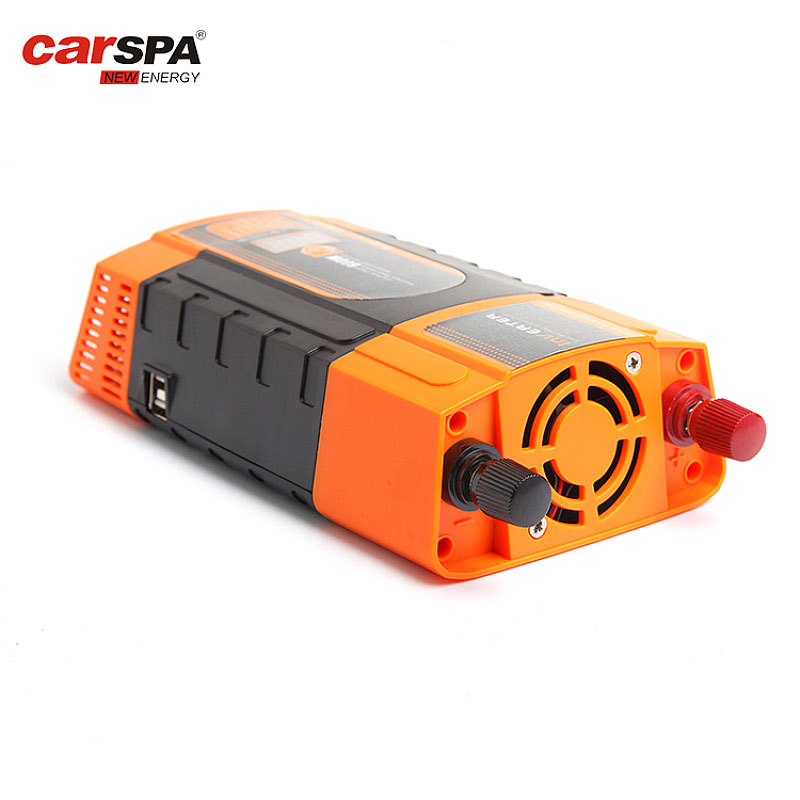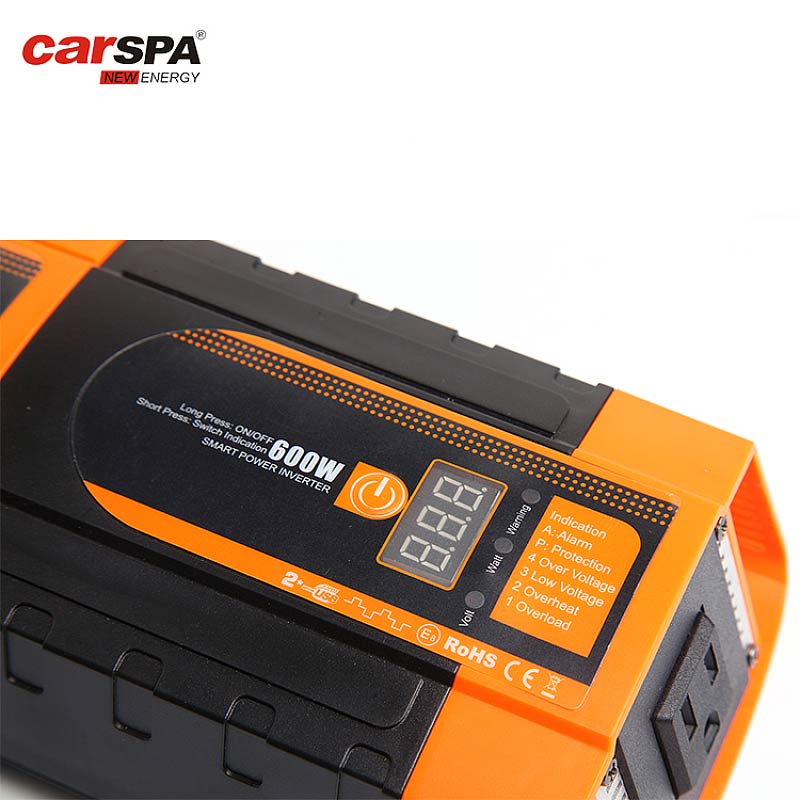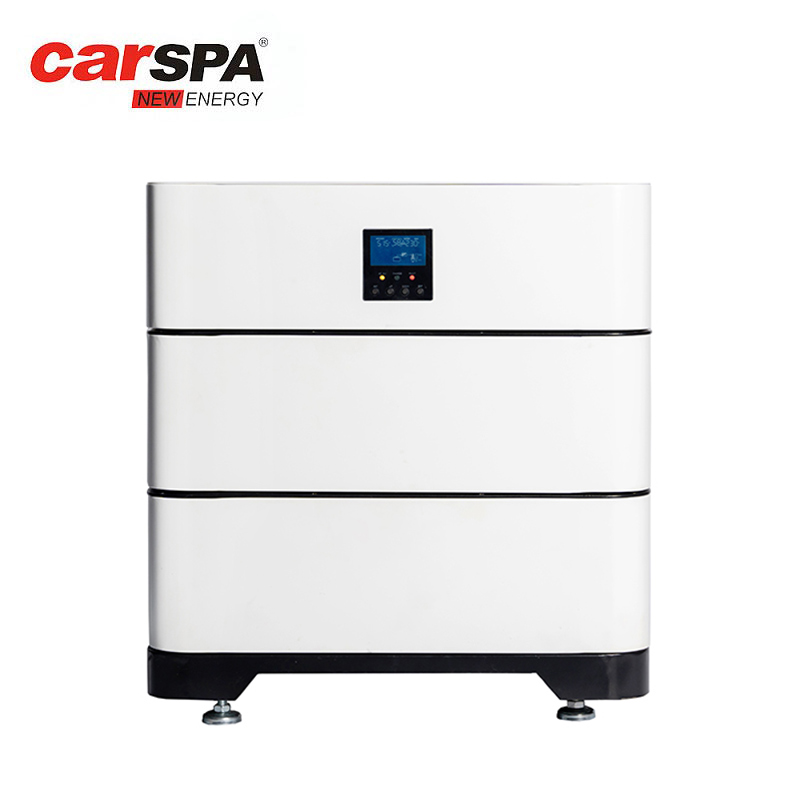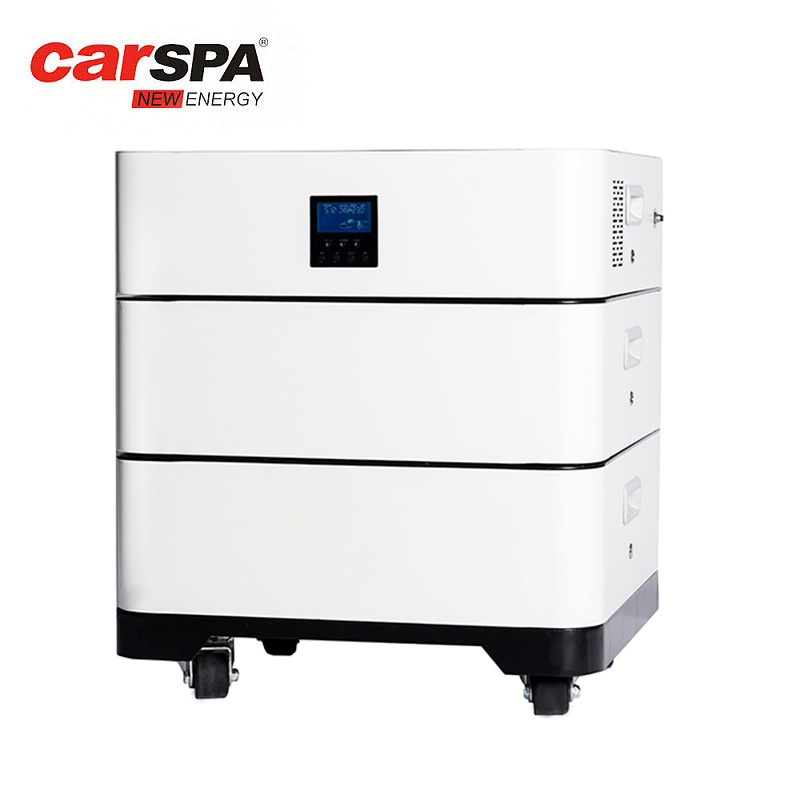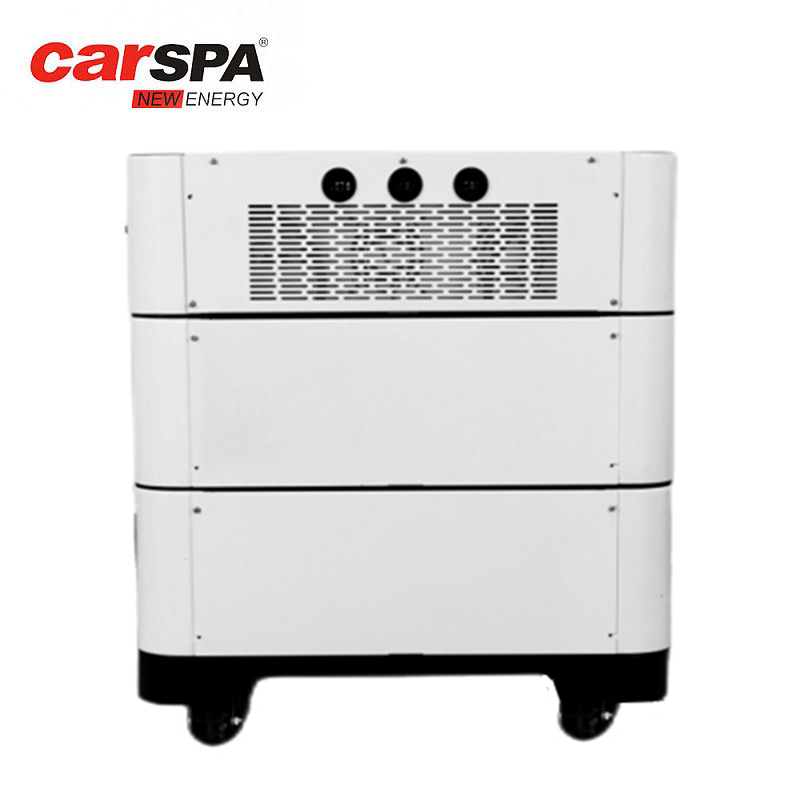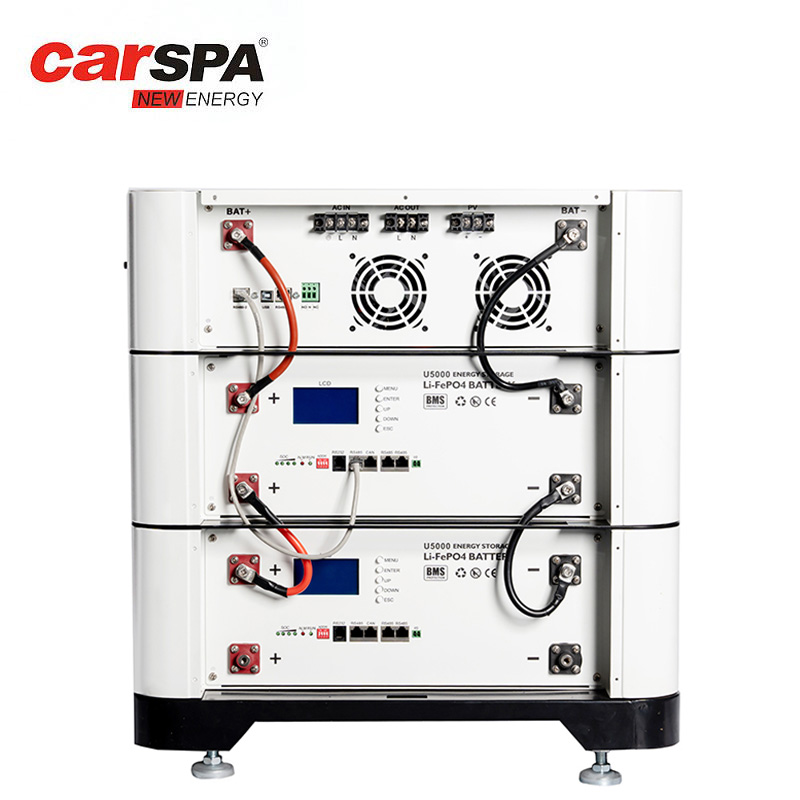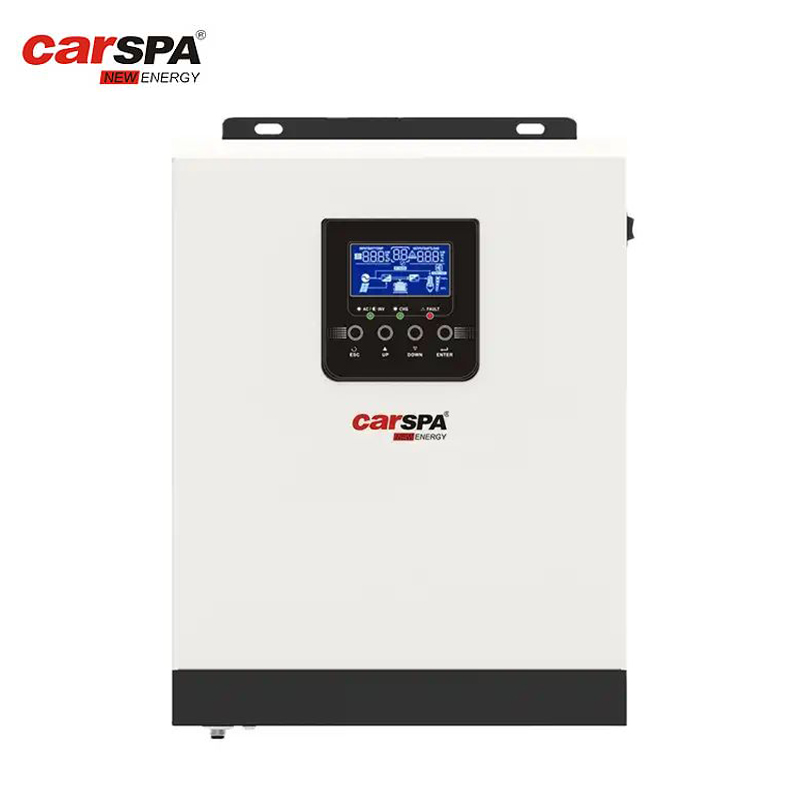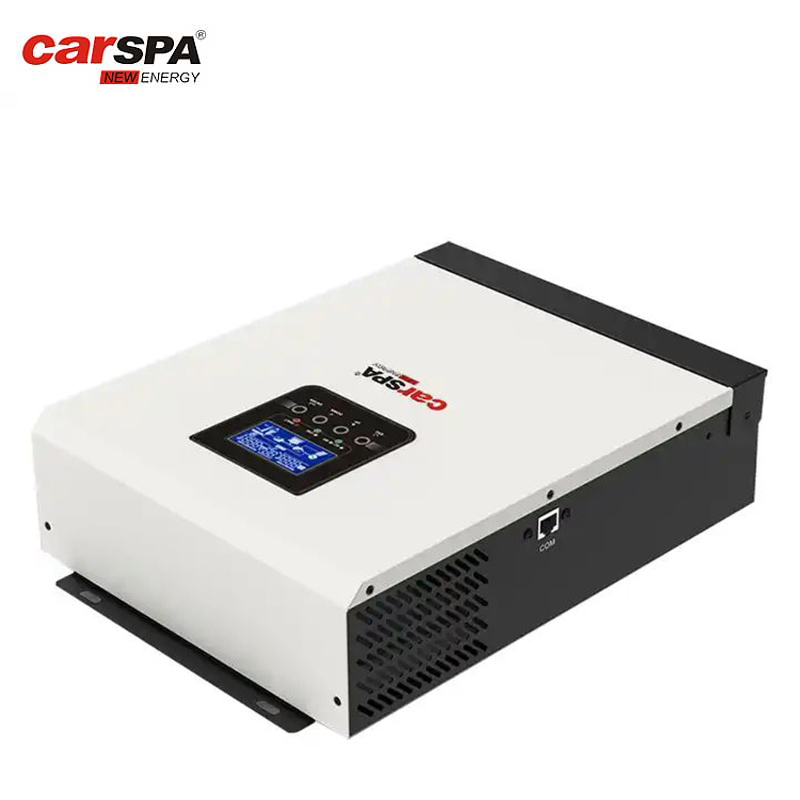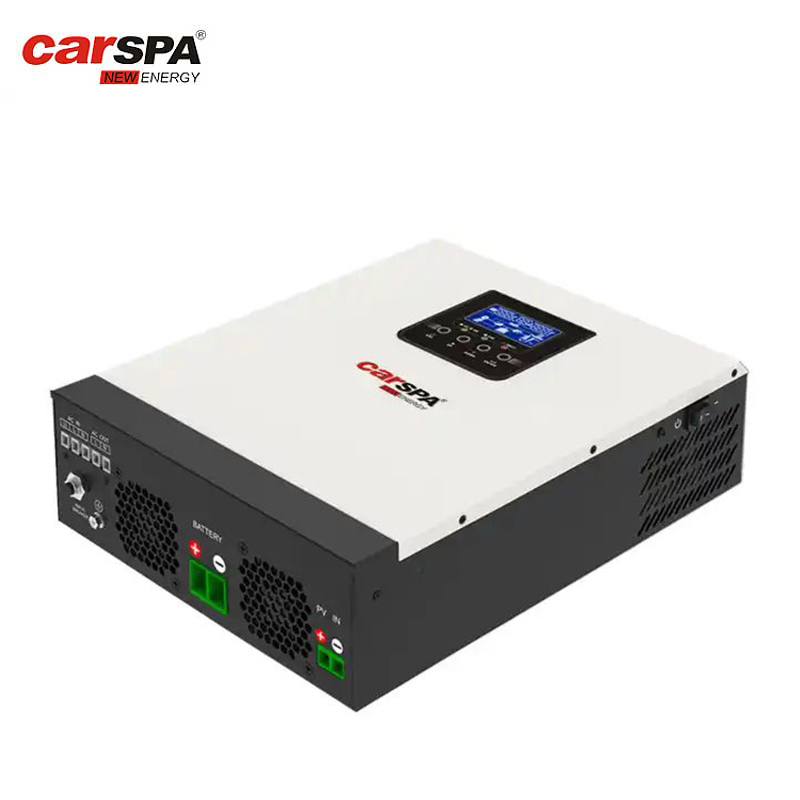What is Solar Energy and How It Works?
Solar energy is a rapidly growing renewable energy source that harnesses the power of sunlight to generate electricity. As the world strives to transition to more sustainable and cleaner energy alternatives, solar energy has emerged as a key player in the quest for a greener future. In this article, we will explore the fundamentals of solar energy, delve into its working principle, and highlight its numerous benefits for the environment and society as a whole.
-1619.jpg)
Understanding Solar Energy:
Solar energy is derived from the sun, our most abundant and reliable source of natural light and heat. It is a form of radiant energy emitted by the sun, composed of photons—tiny particles of light. These photons travel through space and reach the Earth's surface, where they can be harnessed and converted into usable electricity.
How Solar Panels Work:
At the heart of solar energy conversion are solar panels, also known as photovoltaic (PV) panels. Solar panels are made up of numerous solar cells, which consist of layers of semiconductor materials, usually silicon. When photons from sunlight strike the surface of the solar cells, they excite the electrons within the semiconductor material, generating an electric current.
The photovoltaic effect, discovered in the 19th century, forms the basis of solar panel functionality. The excited electrons are forced to flow in a specific direction through an electrical circuit, creating an electric current. This current can be used to power various devices and systems or stored in batteries for later use.
Inverters and Grid Connection:
The electricity generated by solar panels is in the form of direct current (DC), which is not directly compatible with the alternating current (AC) used in most electrical appliances and the power grid. Therefore, inverters are used to convert the DC electricity into AC electricity, making it suitable for powering homes, businesses, and the electrical grid.
For residential solar installations, excess electricity produced by the solar panels can be fed back into the grid through a process known as net metering. This allows homeowners to receive credits or payments for the surplus energy they contribute, offsetting their energy costs and promoting renewable energy adoption.
Advantages of Solar Energy:
Renewable and Sustainable: Solar energy relies on an abundant and inexhaustible resource—the sun. Unlike fossil fuels, which contribute to climate change and are finite in supply, solar energy offers a sustainable and environmentally friendly alternative.
Reduced Carbon Footprint: Solar energy production is virtually emissions-free. By harnessing sunlight, we can significantly reduce greenhouse gas emissions and mitigate the impacts of climate change.
Energy Independence: Solar energy empowers individuals, communities, and countries to reduce their dependence on traditional energy sources. By generating their own electricity, individuals can gain energy independence and reduce their vulnerability to price fluctuations and supply disruptions.
Cost Savings: Although the initial installation cost of solar panels can be significant, solar energy offers long-term cost savings. Once installed, solar panels have a lifespan of 25-30 years and require minimal maintenance, leading to reduced electricity bills over time.
Conclusion:
Solar energy is a clean, sustainable, and economically viable solution to meet our growing energy needs. By harnessing the power of sunlight through solar panels, we can generate electricity without depleting finite resources or contributing to environmental degradation. As technology advances and solar efficiency improves, the widespread adoption of solar energy will play a pivotal role in shaping a greener and more sustainable future for generations to come.


